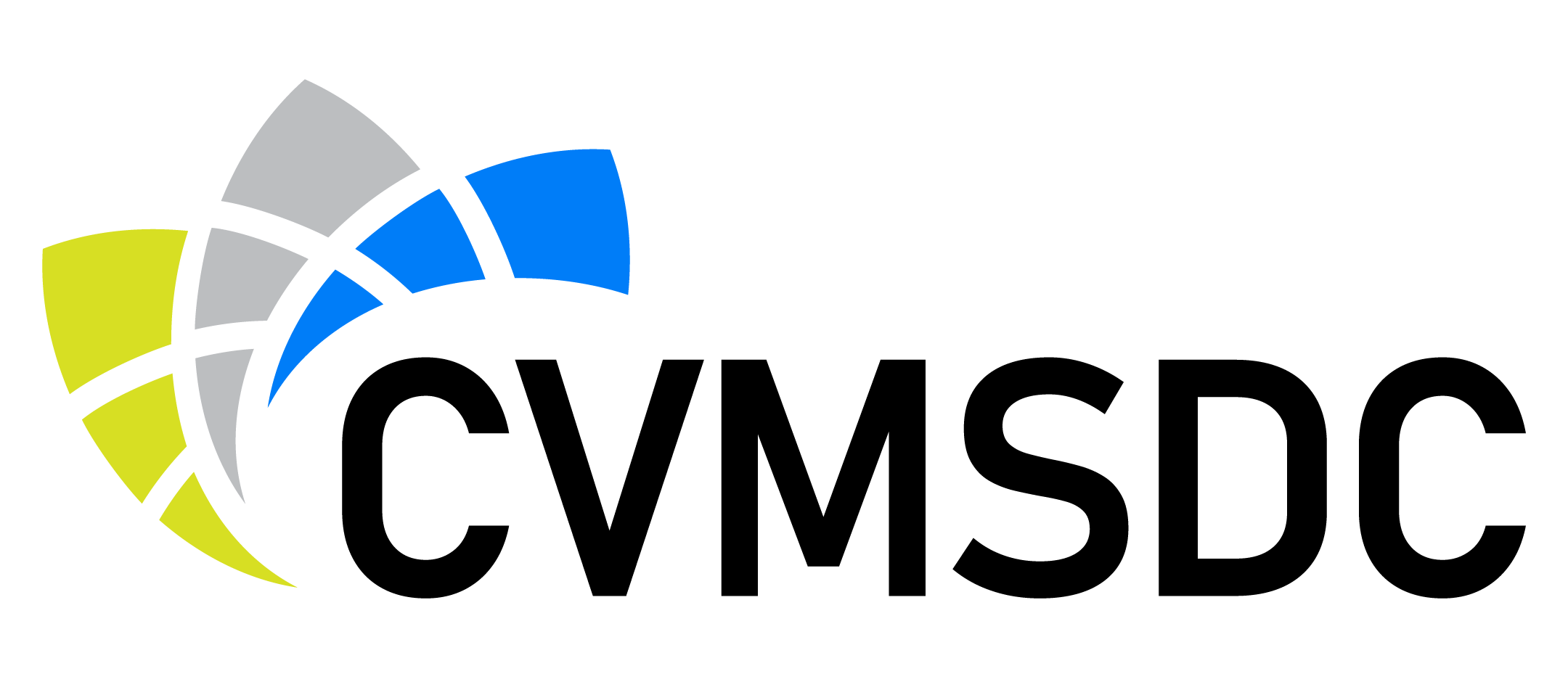This is the second installment of our five-part series on the Budget Reconciliation Law—often called “One Big Beautiful Bill.” Our goal is to break it down and spotlight the key elements that matter most to business owners, helping you stay informed and empowered to drive growth.
PART 2: Qualified Business Income (QBI) Deduction
The final version of the Budget Reconciliation package, signed into law on July 4, 2025 makes significant and lasting changes to Section 199A of the Internal revenue Code related to the Qualified Business Income (QBI) deduction, a key tax benefit for owners of pass-through businesses such as sole proprietorships, partnerships, and S-corporations. Section 199A lets eligible owners of pass-throughs (sole props, partnerships, S-corps, some trusts/estates) deduct up to 20% of qualified business income on their individual returns, subject to income thresholds, wage/asset limits, and special rules for specified service trades or businesses (SSTBs).
Key Provisions:
- The legislation makes the 20% deduction permanent, providing long-term certainty to millions of small and mid-sized businesses that had been facing a “tax cliff” in 2026, ensuring they can continue to rely on this deduction as a structural part of their tax planning.
- The law broadens the income “phase-in range” for limitations. Under the previous rules, taxpayers lose the benefit of the full deduction relatively quickly once their taxable income rises above statutory thresholds, because the wage and capital investment requirements phase in over a $50,000 (single)/$100,000 (joint) band. The new law expands that band to $75,000 for single filers and $150,000 for joint filers. This change softens the impact of the limitations, enabling many businesses—particularly those near the threshold—to retain a larger portion of their deduction and avoid abrupt cut-offs.
- The law establishes a new minimum deduction for very small, but active, businesses. Taxpayers with at least $1,000 of qualified business income from an activity in which they materially participate are guaranteed a deduction of at least $400, with both the $400 floor and the $1,000 activity test indexed for inflation after 2026. This ensures that even modest entrepreneurial activity generates a tangible benefit, and it recognizes the importance of participation by very small operators in the broader business ecosystem.
- Finally, the law coordinates these changes with the new itemized deduction limitation under Section 68, the provision in the Internal Revenue Code that limits itemized deductions for higher-income taxpayers. Essentially, the QBI deduction stands on its own – even if you lose part of your mortgage interest or charitable deduction because of the §68 “haircut,” your 20% pass-through deduction is preserved in full.
All of these provisions apply beginning in tax years after December 31, 2025 and are therefore eligible for 2026 tax returns.
Collectively, the permanence of the deduction, the broader phase-in range, and the guaranteed minimum deduction could create a significant benefit to sustaining and strengthening the role of pass-through businesses in the American economy.


